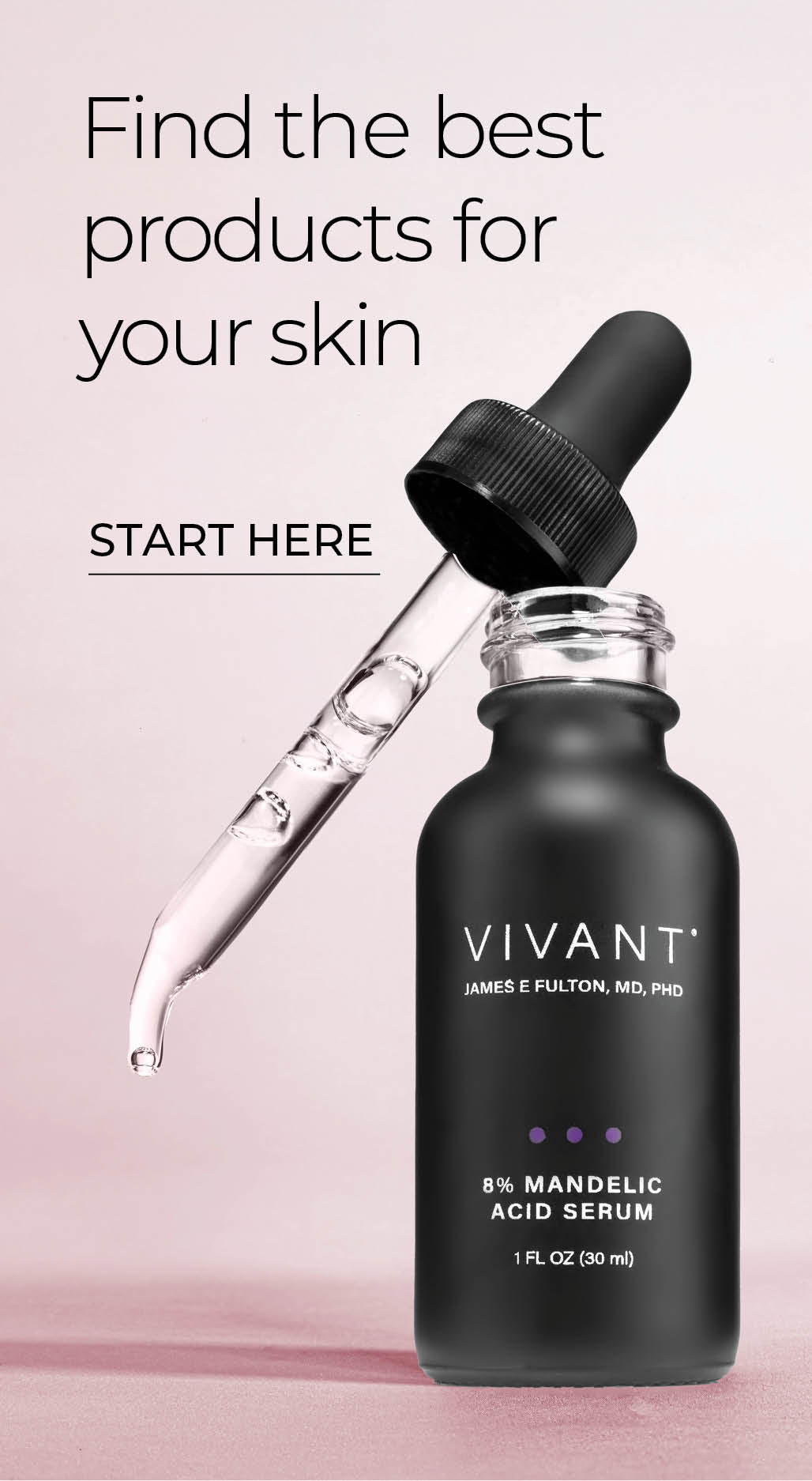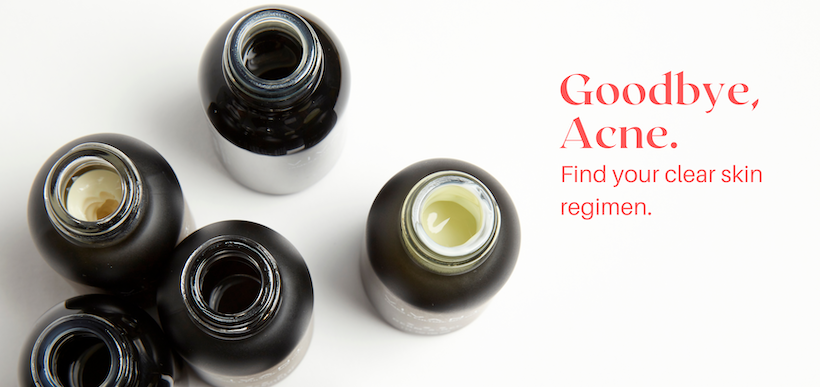Not Exfoliating Is Not An Option

Life is full of options. Eyeliner? Optional. Cheese on fries? Optional. Swimsuit at Spiaggia di Guvano beach in Corniglia, Italy? Optional. Brunch with the in-laws? Totally optional. Arcade Fire in your road trip playlist? Technically optional, but shouldn’t be. Exfoliating your skin? One hundred percent not optional.
First, know this: exfoliation is a natural process. Your skin is already doing it. Skin cells are formed and shed off naturally every thirty days. In the meantime, those dead cells build up and cause skin to look dull, pores to get clogged and appear larger, and wrinkles to appear deeper. What you want is to accelerate the process, remove the dead skin, encourage the new cells to rise to the surface and get skin glowing.
Exfoliation, what is it good for? Absolutely everything. Because just about every good thing you want to see in your skin begins with exfoliation.
For Clearing Acne
Exfoliation removes dead skin cells and brings new healthy skin to the surface, removes impactions and decreases sebum, all leading to clearer, smoother skin.
For Reducing Acne Scarring and Inflammation
When pimples disappear, they often leave a little reminder of their presence behind in the form of a dark or red splotch. A little exfoliation will accelerate their demise by sloughing away the discoloration and encouraging the growth of healthy new cells.
For Unclogging Pores
Even with regular cleansing, pores can become clogged with dead skin cells, oil and dirt. That not only leads to breakouts, but it has the effect of making pores appear larger. Exfoliation removes the dead skin cells that can trap oil and dirt. Impactions are cleared, new pimples thwarted, pores are refined, and skin appears clearer, smoother, and brighter.
For Reducing Excess Pigmentation
Dark spots, hyperpigmentation, melasma are all forms of excess melanin. Exfoliation helps to reduce the excess pigment by removing it layer by layer. Because the pigment starts deep in the skin, the process is not fast, but it will eventually help to fade these spots. Give it at least six weeks to see significant results. Lightening agents like kojic acid and mandelic acid used in conjunction with exfoliation will help fade pigmentation faster.
For Reducing Signs Of Aging
Layers of dead skin can have the effect of making wrinkles seem more pronounced. Removing that dead skin is like taking off a baggy shirt to reveal a sexier fit. Accelerating the cell renewal process encourages the production of collagen and healthier new cells, which gives skin a fresh, lifted, firmer appearance.
For Brightening Dull Skin
You have probably gathered by now, exfoliation accelerates cell renewal. In addition to all the other benefits mentioned, exfoliation gives skin an immediate radiance boost by sloughing away all the dead dry skin that makes any complexion look dull, weighted and tired.
For Optimizing Product Penetration
When skin is cleared of debris and dead skin cells, it’s optimized for the application of additional products. Corrective serums will work more effectively.
There are two main types of exfoliation: physical or chemical. Physical exfoliation involves the use of a scrubbing agent—granules or a buffing pad. Chemical exfoliation is the process of using topical agents—retinoids, alpha hydroxy acids, enzymes, or peels. The best approach involves both physical and chemical. For more on the topic, read our blog, “Exfoliation: Physical? Mechanical? Chemical? What’s The Dif? The Doctor Explains.”


Comments